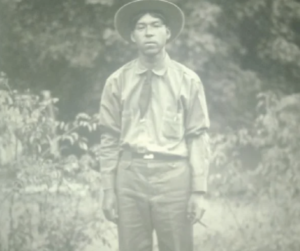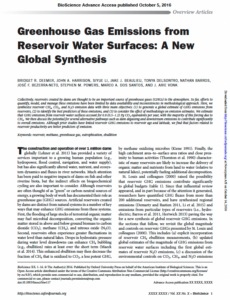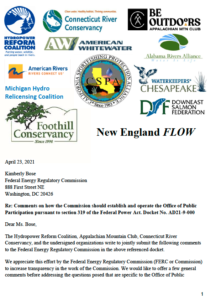California Rivers Through Native Eyes

Whether navigating the gnar on a big expedition or splashing around familiar rapids at the local haunt, paddlers naturally fall into a ritual of giving for the mutual benefit of the group. Every paddler will bring a different level of experience to share, some will volunteer to carry the spare paddle or first aid kit, and they will all make sure to stock the take-out cooler with favorite beverages. When boats finally hit the whitewater, loose relationships on shore transform into a river team. Everyone watches out for each other, soaks in the wonders of their surroundings, and bands together to make sure every paddler enjoys the adventure on the river they love.
This kind of reciprocity is the touchstone of the stewardship work we do here at American Whitewater. We never paddle solo when we enter a process to negotiate new hydropower licenses, defend river access, or speak out against detrimental dam proposals. We actively seek collaboration with individuals and groups mutually sharing our time, expertise, and resources for the protection of the watersheds we hold dear. Often these key partners include Native Communities who bring to the table the traditional knowledge of the lands and waters they have stewarded for time immemorial.
Yet what do paddlers really know about the Native Communities stewarding many of the lands and watersheds we recreate on a regular basis? American Whitewater would venture to guess not much. In fact, to date there is scant Native information to be found in our National Whitewater Inventory of over 5,500 rivers. So, in the spirit of reciprocity, American Whitewater is offering our river database as a platform to share the Indigenous narratives of the rivers we enjoy. Specifically, in California, we have partnered with Redbud Resource Group to research, interview and chronicle stories of Native Communities. Redbud is a Native led 501c3 non-profit focused on improving education and public health outcomes for Native communities. Redbud’s programs increase the public’s knowledge of local Native existence, and prepare organizations to support Tribal sovereignty through the development of respectful and reciprocal relationships. Their work includes organizational training, curriculum development, and public health research. For our first California River Through Native Eyes, we start with the North Fork Feather River from the Rock Creek Reach down through the Poe, homeland of the Konkow Valley Tribe of Maidu. You can read their story online and in our most recent Winter 2022 American Whitewater Journal.
Photo of Doctor Charlie Gramps Provided by Matthew (Gramps) Williford Sr.
Theresa Simsiman
Sacramento, CA


